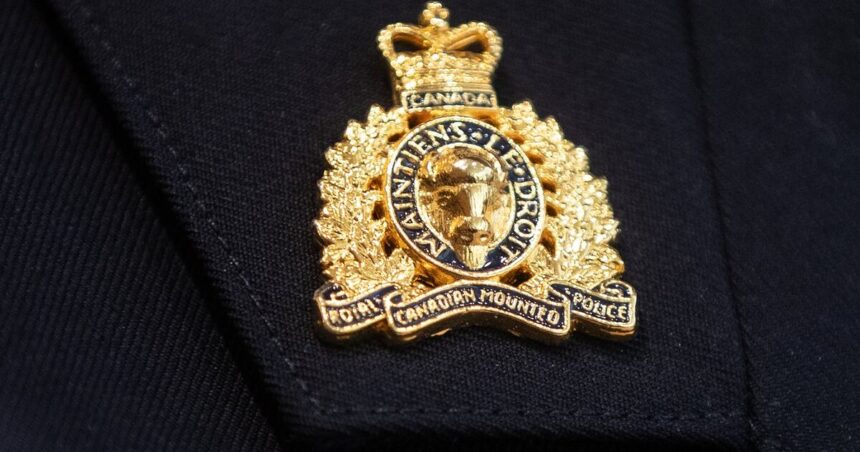The fallen-from-grace story of former RCMP officer Randeep Randhawa concluded yesterday in a Vancouver courtroom, where the ex-Mountie received an 18-month conditional sentence for his role in a cannabis investment scheme that defrauded dozens of British Columbians.
Randhawa, who served 12 years with the RCMP before launching Green Valley Medicinal Cannabis Ltd in 2018, pled guilty to multiple violations under the BC Securities Act, including making false statements to investors and selling securities without proper registration.
“Mr. Randhawa leveraged his reputation as a former police officer to gain the trust of investors,” said Justice Eleanor Morrison during sentencing. “This represents a particularly troubling breach of public trust.”
According to court documents I reviewed, Randhawa raised approximately $3.2 million from 65 investors between 2018 and 2020, promising “guaranteed returns” of 25% annually through what he claimed was a licensed cannabis cultivation operation. The British Columbia Securities Commission (BCSC) investigation revealed the company never obtained the Health Canada licenses required for legal cannabis production.
Christine Larsen, a retired teacher who invested $175,000 of her pension savings, addressed the court during victim impact statements. “He showed us fake paperwork, photos of a facility that wasn’t his, and used his police background to convince us this was legitimate,” Larsen testified. “I’ve lost my retirement security and now work part-time at 68.”
The BCSC’s enforcement director, Doug Muir, told me that Randhawa’s case represents part of a troubling pattern. “We’ve seen a significant uptick in cannabis-related investment fraud following legalization,” Muir explained. “Investors need to verify licensing claims directly with Health Canada before committing funds to any cannabis venture.”
Defense counsel argued that Randhawa initially had legitimate business intentions but became desperate after facing unexpected regulatory hurdles. Court filings show he diverted at least $950,000 of investor funds to personal expenses, including luxury vehicle leases and a down payment on a $1.8 million home in White Rock.
The conditional sentence includes house arrest for the first eight months, followed by a strict curfew. Randhawa is also banned from securities markets for life and ordered to pay $2.1 million in restitution—though the BCSC acknowledges full recovery of investor funds is unlikely.
Canadian cannabis law expert Trina Fraser of Brazeau Seller Law noted that this case highlights regulatory gaps. “The cannabis industry exists at the intersection of complex securities regulations and equally complex cannabis licensing requirements,” Fraser said. “This creates fertile ground for misrepresentation to investors unfamiliar with either regulatory framework.”
The sentencing occurs amid growing scrutiny of investment fraud in British Columbia. A 2023 report from the Expert Panel on Combating Financial Crime found that British Columbia has become a hotspot for investment scams, with reported losses exceeding $136 million annually—a figure authorities believe represents only a fraction of actual losses due to underreporting.
For victims like Martin Cho, a Surrey real estate agent who lost $250,000, the sentence feels inadequate. “He won’t serve a day in actual prison,” Cho told me outside the courthouse. “Meanwhile, I’ve had to delay retirement and sell my vacation property to cover debts.”
The Canadian Anti-Fraud Centre recommends investors verify the registration status of any person selling securities through the National Registration Search tool maintained by the Canadian Securities Administrators. Health Canada maintains a separate database of licensed cannabis producers that potential investors can consult.
The Crown had sought a two-year jail sentence, arguing that Randhawa’s position as a former police officer warranted stronger punishment. Prosecutor Elaine Chan emphasized that “his law enforcement background wasn’t incidental to the fraud—it was instrumental.”
As Randhawa left the courthouse yesterday, flanked by family members, he declined to answer my questions about whether he planned to make voluntary restitution beyond court requirements. His lawyer stated only that Randhawa “deeply regrets the harm caused to investors and is committed to making amends to the best of his ability.”
For Canadian investors, the case serves as a stark reminder that professional credentials—even those as trusted as law enforcement experience—don’t guarantee investment legitimacy in the still-maturing cannabis industry.






